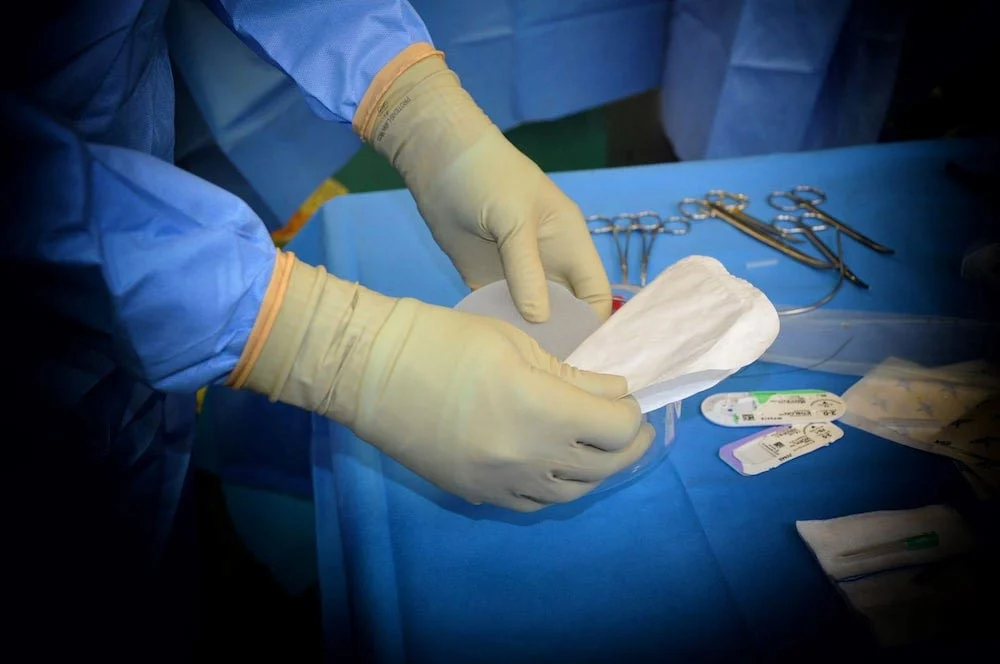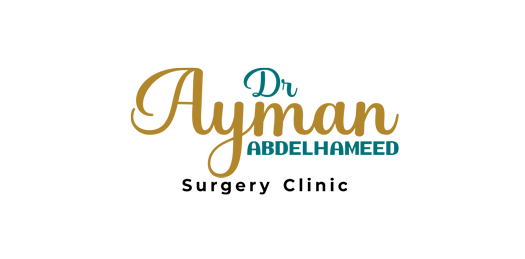General Surgery

General Surgery
It is a medical specialty that includes surgical procedures, diagnosis, and treatment of a wide range of conditions affecting the abdomen, endocrine glands, colon, liver, pancreas, and rectum.
Doctors trained in general surgery are called general surgeons.
Doctors trained in general surgery are called general surgeons.
What does a general surgeon do?
To understand a patient’s illness, a general surgeon inquires about symptoms and medical history, performs a physical examination and orders diagnostic tests to understand the depth of the current health condition. Often, patients may be consulted or referred from other clinics to be evaluated for surgical treatments. Surgeons then discuss the risks and benefits to help the patient make an informed decision.
What cases does the general surgeon treat ?
Gastrointestinal diseases
Gallbladder disease: Gallstones are hard deposits in the gallbladder that cause abdominal pain, nausea, and vomiting.
Colon cancer: It occurs in the large intestine and after cancer surgery, general surgeons perform surgery to remove cancerous outgrowths and reconstruct the colon.
Hemorrhoids: Hemorrhoids are swollen veins that resemble varicose veins in the anus and lower part of the rectum. Hemorrhoids can occur inside or outside the anus.
Typical symptoms are pain, soreness and bleeding when defecating and if it progresses, it can be treated with surgery.
Liver abscess: Liver injuries or infections inside the abdomen can cause liver abscess.
Most of these cysts are bright red in color and tend to bleed. Fungi and parasites can form some of them. If other treatment methods do not respond, a surgical procedure is applied.
Liver cancer: Liver cancer, caused by abnormal growth of liver cells, can spread from other parts of the body. Depending on the grade of the cancer, it may be treated with surgery.
Fissure: a tear in the skin covering the anus. Fissures may occur in cases of constipation that last for a long time and can cause pain and bleeding. Sometimes surgery may be needed to treat them.
Fistula: A fistula is a tube-like structure that forms between one organ and another. Fistulas can cause body fluids to pass between tissues and can be treated with surgery.
Diseases of the gastrointestinal tract with surgical treatment :
Hernia : occurs when an organ protrudes through weak muscles in the abdomen. It is treated with surgery.
Appendicitis: Infection in a small pouch-like structure attached to the large intestine that causes it to grow and becomes fatal if surgery is not performed. It is treated with surgery
Rectal prolapse: This is the protrusion of the rectum, the last part of the intestine, from the anus. It can be treated with surgery
Breast conditions
In breast surgery, generally, evaluation, diagnosis and treatment of conditions such as breast cancer are performed. Conditions such as benign and malignant tumors that appear in the breast and tumors in the armpit lymph nodes may require surgical procedures.
Breast cancer and removal of breast lumps – cancerous and non-cancerous tumors through lumpectomy or mastectomy.
Soft tissue diseases
There are many diseases that general surgeons treat; A subset of the requirements is the treatment of soft tissue diseases and general surgery can examine, diagnose and treat sarcomas and tumors of the soft tissue.
Endocrine problems and conditions :
Thyroid disorders: such as hyperthyroidism or hypothyroidism, can be treated through surgical procedures or supplemented with medications. The gland in the neck produces a hormone that regulates metabolism.
Adrenal tumors: The adrenal glands are located on top of the kidneys and make the flight-or-fight hormone, adrenaline. It controls blood pressure, stress response, and the body’s metabolic response.
Parathyroid disorders: such as hyperparathyroidism (overactive gland) and hypoparathyroidism (underactive gland), can be corrected through surgery. The thyroid gland handles calcium levels in the body.
Diagnostic methods frequently used in general surgery :
In order to treat general surgical diseases, it is important to establish the correct diagnosis first.
First, the patient’s history is listened to in detail, the patient’s medical history is learned and then, the necessary radiological and biochemical tests and physical examination are performed.
The diagnostic methods used in general surgery can be listed as follows :
Endoscopic retrograde cholangiopancreatography (ERCP): Endoscopic retrograde cholangiopancreatography (ERCP) is used to diagnose and treat diseases of the liver, gallbladder, and pancreas. A long, light, flexible rod is inserted through the mouth and directed toward the mouth, esophagus, and stomach. A dye is injected into this area and monitored on the computer.
Endoscopy: It is an examination of the stomach and intestines by inserting a tube with a light and a camera at the end through the mouth, applicable by trained surgeons.
Colonoscopy : This is an examination of the colon and rectum by inserting a bendable rod with a camera and light at the end through the anus.
Ultrasonography : Ultrasonography uses sound waves to examine tissues and organs in the body in detail. Sound waves emit echoes that create images of the organs on a computer screen.
Computed tomography (CT) : X-ray imaging is used to create 3D images of the body from different angles. In this way, the body’s organs, blood vessels, and other tissues can be examined in detail.
X-ray : It is used to obtain images of the inside of the body using X-rays. The images are formed in black and white because different parts of the body absorb radiation to different degrees.
Dr. Ayman Abdel Hameed :
The official page: Prof. Dr. Ayman Abdel Hameed, consultant and teacher of oncology surgeries and limited surgical intervention.
Doctorate in Oncology Surgery at the National Cancer Institute, Cairo University.
Master of Surgery oncology at the National Cancer Institute, Cairo University.
Bachelor of Medicine and Surgery, Faculty of Medicine, Kasr Al-Ainy, Cairo University, 2010, with distinction and honors.
More than 14 years of practical experience in surgery, oncology, and limited surgical intervention using surgical laparoscopes and surgical robots.
Book now : 01557112376
